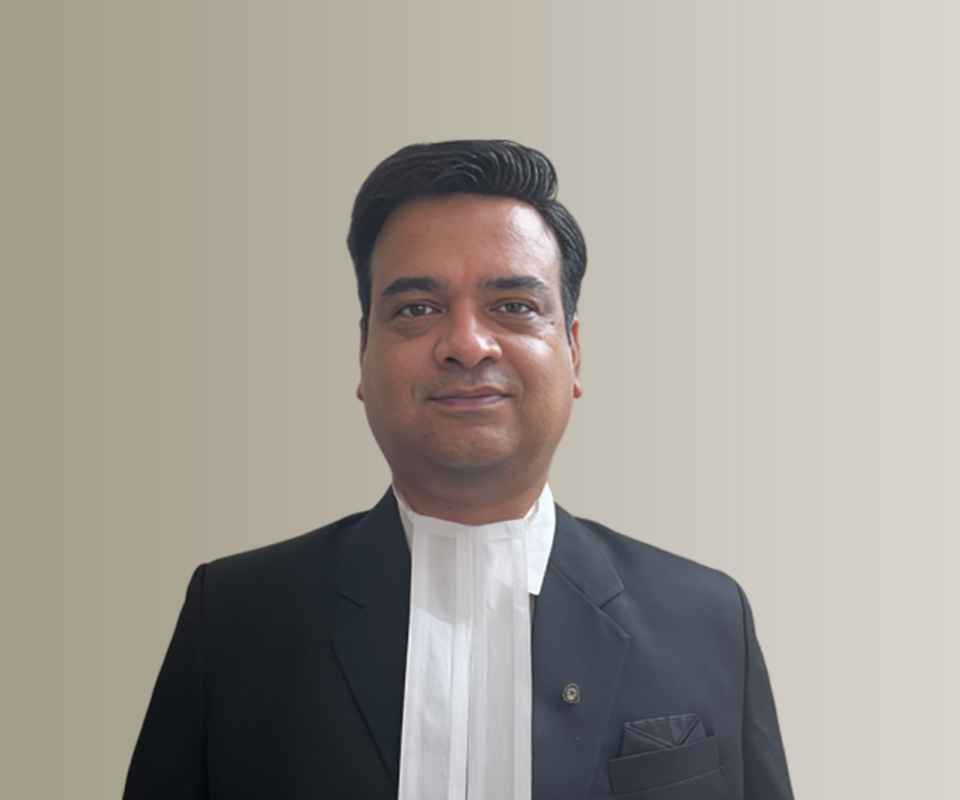Answer By law4u team
Bharatiya Nagarik Suraksha Sanhita, 2023 - Section 164: Procedure where dispute concerning land or water is likely to cause breach
(1) Whenever an Executive Magistrate is satisfied from a report of a police officer or upon other information that a dispute likely to cause a breach of the peace exists concerning any land or water or the boundaries thereof, within his local jurisdiction, he shall make an order in writing, stating the grounds of his being so satisfied, and requiring the parties concerned in such dispute to attend his Court in person or by pleader, on a specified date and time, and to put in written statements of their respective claims as respects the fact of actual possession of the subject of dispute.
(2) For the purposes of this section, the expression land or water includes buildings, markets, fisheries, crops or other produce of land, and the rents or profits of any such property.
(3) A copy of the order shall be served in the manner provided by this Sanhita for the service of summons upon such person or persons as the Magistrate may direct, and at least one copy shall be published by being affixed to some conspicuous place at or near the subject of dispute.
(4) The Magistrate shall, without reference to the merits or the claims of any of the parties to a right to possess the subject of dispute, peruse the statements so put in, hear the parties, receive all such evidence as may be produced by them, take such further evidence, if any, as he thinks necessary, and, if possible, decide whether any and which of the parties was, at the date of the order made by him under sub-section (1), in possession of the subject of dispute:
Provided that if it appears to the Magistrate that any party has been forcibly and wrongfully dispossessed within two months next before the date on which the report of a police officer or other information was received by the Magistrate, or after that date and before the date of his order under sub-section (1), he may treat the party so dispossessed as if that party had been in possession on the date of his order under sub-section (1).
(5) Nothing in this section shall preclude any party so required to attend, or any other person interested, from showing that no such dispute as aforesaid exists or has existed; and in such case the Magistrate shall cancel his said order, and all further proceedings thereon shall be stayed, but, subject to such cancellation, the order of the Magistrate under sub-section (1) shall be final.
(6) (a) If the Magistrate decides that one of the parties was, or should under the proviso to sub-section (4) be treated as being, in such possession of the said subject of dispute, he shall issue an order declaring such party to be entitled to possession thereof until evicted therefrom in due course of law, and forbidding all disturbance of such possession until such eviction; and when he proceeds under the proviso to sub-section (4), may restore to possession the party forcibly and wrongfully dispossessed.
(b) The order made under this sub-section shall be served and published in the manner laid down in sub-section (3).
(7) When any party to any such proceeding dies, the Magistrate may cause the legal representative of the deceased party to be made a party to the proceeding and shall thereupon continue the inquiry, and if any question arises as to who the legal representative of a deceased party for the purposes of such proceeding is, all persons claiming to be representatives of the deceased party shall be made parties thereto.
(8) If the Magistrate is of opinion that any crop or other produce of the property, the subject of dispute in a proceeding under this section pending before him, is subject to speedy and natural decay, he may make an order for the proper custody or sale of such property, and, upon the completion of the inquiry, shall make such order for the disposal of such property, or the sale-proceeds thereof, as he thinks fit.
(9) The Magistrate may, if he thinks fit, at any stage of the proceedings under this section, on the application of either party, issue a summons to any witness directing him to attend or to produce any document or thing.
(10) Nothing in this section shall be deemed to be in derogation of powers of the Magistrate to proceed under section 126.
Brief Detail
Section 164 of the Bharatiya Nagarik Suraksha Sanhita, 2023, outlines the procedure for handling disputes concerning land or water that may lead to a breach of peace. It empowers Executive Magistrates to issue orders requiring parties to appear in court, present their claims, and provides mechanisms for resolving such disputes while ensuring that public order is maintained.
What does Section 164 of the Bharatiya Nagarik Suraksha Sanhita, 2023 address?
It addresses the procedure for resolving disputes concerning land or water that may cause a breach of peace.
Who can make an order under this section?
An Executive Magistrate can make an order when satisfied that a dispute exists.
What must the Magistrate include in the written order?
The Magistrate must state the grounds for his satisfaction and require the parties to attend court.
What types of properties are included under land or water?
This includes buildings, markets, fisheries, crops, and the rents or profits of such properties.
What happens if a party is found to be wrongfully dispossessed?
The Magistrate may treat the dispossessed party as if they were in possession and restore their rights.
What recourse do parties have if they believe no dispute exists?
They can show evidence that no dispute exists, leading to the cancellation of the Magistrate’s order.
What can happen if a party involved in the proceedings dies?
The legal representative can be made a party to the proceeding, and the inquiry will continue.
What actions can the Magistrate take if there is produce subject to decay?
The Magistrate may order custody or sale of the property and decide its disposal after the inquiry.
Example
- A community faces a dispute over access to a shared water source that has led to tensions among residents.
- An Executive Magistrate receives a report about the potential for conflict and issues an order requiring both parties to appear in court to present their claims.
- After reviewing evidence, the Magistrate determines which party has rightful access and issues an order to maintain peace until a legal resolution is achieved.
Summary
Section 164 of the Bharatiya Nagarik Suraksha Sanhita, 2023, provides a framework for Executive Magistrates to handle disputes related to land or water to prevent breaches of peace. It includes provisions for order issuance, evidence review, and mechanisms for addressing wrongful dispossession, while ensuring legal proceedings are fair and thorough.







